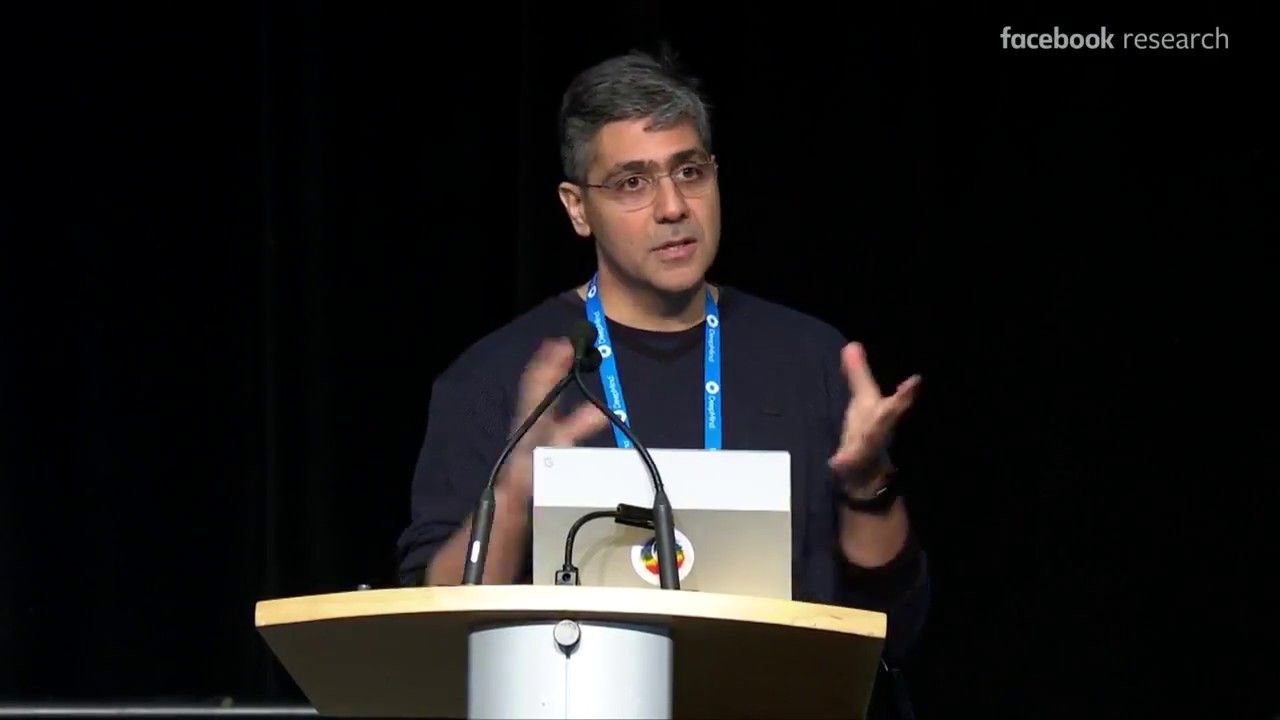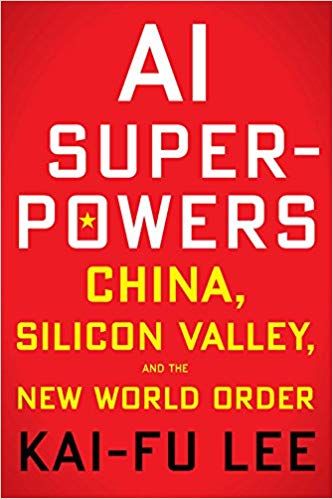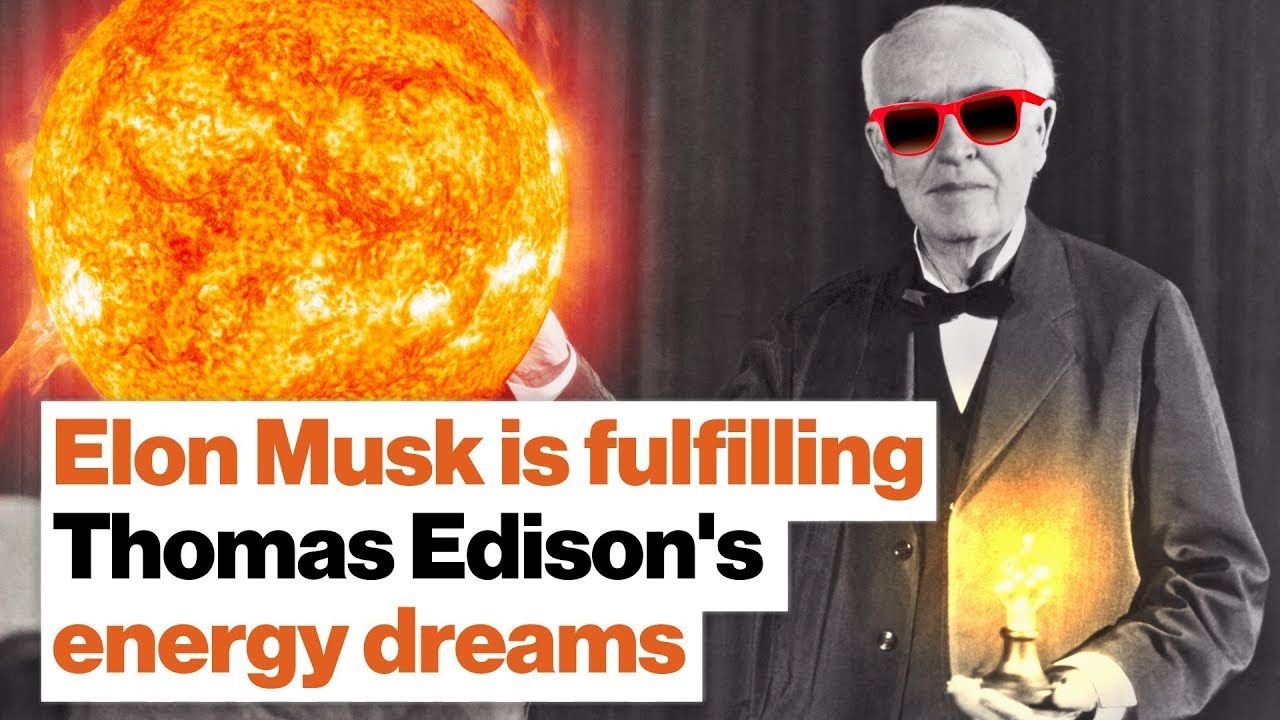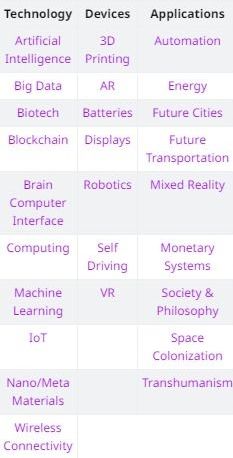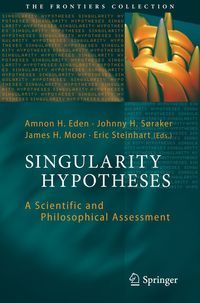One of the most significant AI milestones in history was quietly ushered into being this summer. We speak of the quest for Artificial General Intelligence (AGI), probably the most sought-after goal in the entire field of computer science. With the introduction of the Impala architecture, DeepMind, the company behind AlphaGo and AlphaZero, would seem to finally have AGI firmly in its sights.
Let’s define AGI, since it’s been used by different people to mean different things. AGI is a single intelligence or algorithm that can learn multiple tasks and exhibits positive transfer when doing so, sometimes called meta-learning. During meta-learning, the acquisition of one skill enables the learner to pick up another new skill faster because it applies some of its previous “know-how” to the new task. In other words, one learns how to learn — and can generalize that to acquiring new skills, the way humans do. This has been the holy grail of AI for a long time.
As it currently exists, AI shows little ability to transfer learning towards new tasks. Typically, it must be trained anew from scratch. For instance, the same neural network that makes recommendations to you for a Netflix show cannot use that learning to suddenly start making meaningful grocery recommendations. Even these single-instance “narrow” AIs can be impressive, such as IBM’s Watson or Google’s self-driving car tech. However, these aren’t nearly so much so an artificial general intelligence, which could conceivably unlock the kind of recursive self-improvement variously referred to as the “intelligence explosion” or “singularity.”
